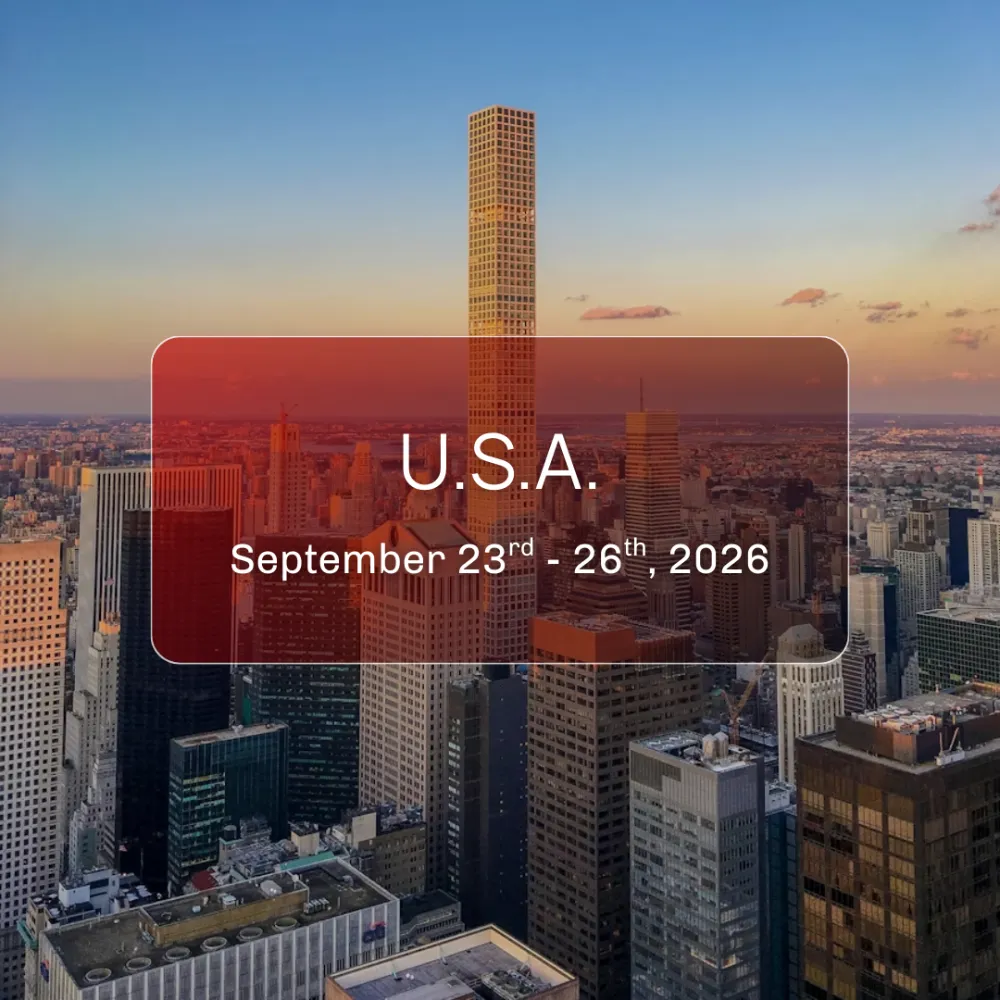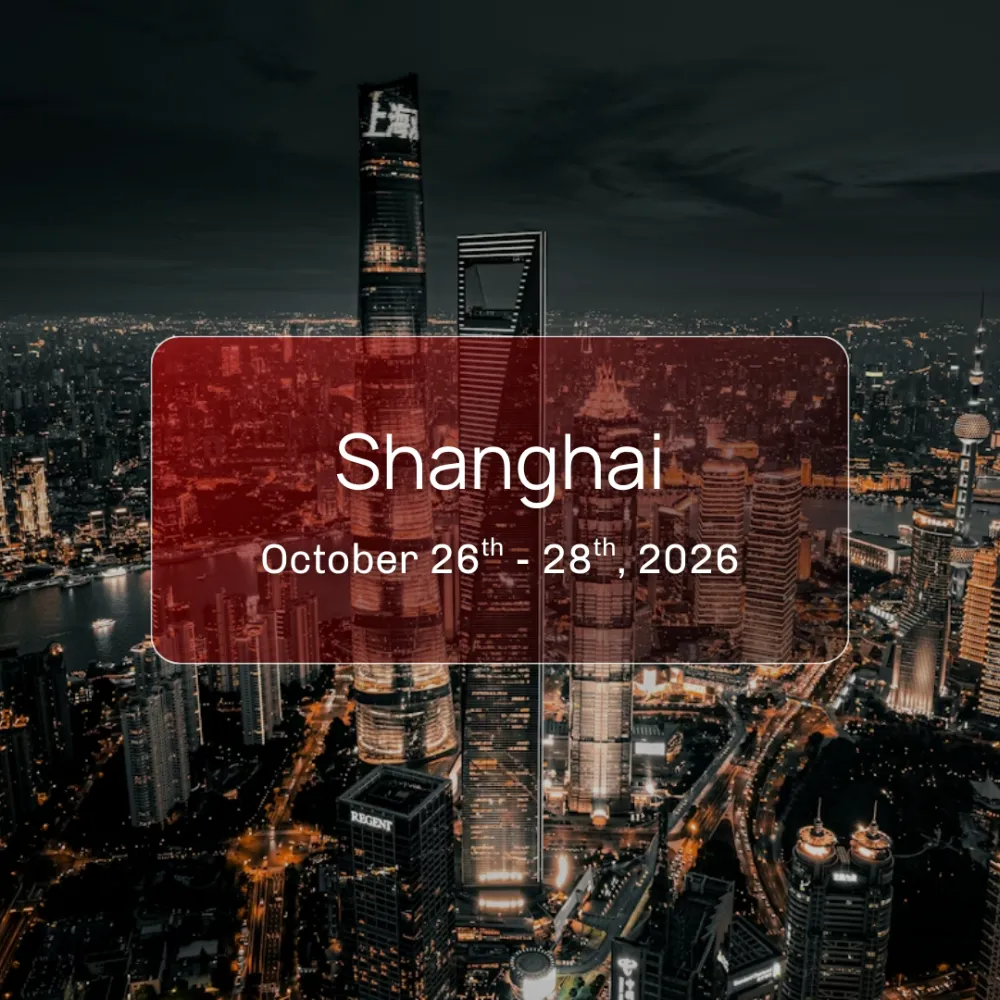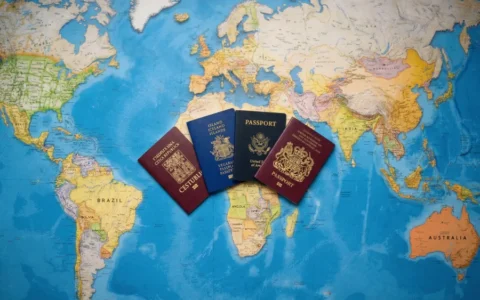On September 19, 2025, President Donald Trump issued a presidential proclamation requiring employers to pay a $100,000 fee for each H-1B worker who enters the United States. The order was scheduled to take effect at 12:01 a.m. EDT on September 21, 2025, and it immediately triggered widespread concern among employers and foreign professionals.
When the proclamation was announced, many believed the new fee would apply to all H-1B visa holders, whether they were already living and working in the U.S. or simply traveling abroad for business or family reasons.
Technology firms, consulting companies, and skilled professionals feared that current employees could be barred from re-entry or suddenly face a six-figure cost. Employers began scrambling to understand whether ongoing projects would be disrupted and whether staff traveling overseas would be able to return.
Federal Agencies Provide Key Clarifications
Within days, U.S. Citizenship and Immigration Services (USCIS) and U.S. Customs and Border Protection (CBP) released detailed guidance that narrowed the proclamation’s reach:
- Effective Date and Scope: The $100,000 requirement applies only to H-1B petitions filed on or after 12:01 a.m. EDT, September 21, 2025.
- Existing Petitions and Visas: Individuals who already hold a valid H-1B visa or whose petition was filed before the effective time are not subject to the new fee or entry restriction.
- Travel for Current Holders: H-1B professionals outside the U.S. with valid visas or earlier petitions may continue to enter without paying the fee, as long as they meet all other admission requirements.
- New Filings: Employers filing fresh H-1B petitions for workers abroad on or after the cutoff date must pay the $100,000 fee before those workers can enter the country.
Legal Challenge to the $100,000 Fee
Many immigration lawyers expect the $100,000 H-1B fee to face court challenges. U.S. law (INA §286(m) says the Department of Homeland Security must set visa fees and follow a public rule-making process called the Administrative Procedure Act (APA).
President Trump introduced this fee through a presidential proclamation instead of that process. Even though officials clarified it applies only to new H-1B petitions filed on or after September 21, 2025, experts believe the President may not have the legal authority to create such a fee on his own.
Reactions and Possible Consequences
- Talent Shift and Offshoring
Experts predict companies might increase offshoring or remote staff hiring abroad to avoid paying these high fees. Some foresee tech workers staying in their home countries longer or avoiding relocation entirely. - Disruption for Existing Workers and Students
There is anxiety among H-1B holders who travel often or have urgent visa renewals. Some fear being stranded abroad. Students finishing Optional Practical Training (OPT) and hoping to transition to H-1B are also deeply concerned about the implications of cost and access. - Impact on Smaller Companies and Startups
Large companies can absorb big costs or restructure their operations, but smaller firms may not. There is talk that startups or businesses with limited margins may struggle, perhaps reducing hiring of foreign talent or moving roles outside the U.S. where costs are lower. - Economic and Bilateral Relations Effects
Because India supplies a large share of H-1B visa holders, the relationship between the U.S. and India is under scrutiny. Disruptions to tech services, outsourcing, and cross-border projects could have knock-on effects on both economies.
Corporate and Global Response
Major technology and consulting firms are voicing strong concern over the $100,000 H-1B fee. Compete America, a coalition that includes Amazon, Apple, Microsoft and other large employers, has urged the U.S. government to reconsider the policy, warning that it will raise hiring costs and dampen innovation. According to reports from Reuters and the Economic Times, several companies have sent internal advisories asking employees on H-1B status to avoid international travel or to return to the United States before the rule took effect.
International reaction has been equally sharp. India’s leading technology industry group Nasscom and officials from India’s government have criticized the fee, saying it could disrupt cross-border projects, delay critical IT services, and create uncertainty for professionals and students who depend on stable U.S. immigration policies.
What Employers and Visa Holders Should Do Now
Employers should confirm the filing dates of all H-1B petitions, maintain thorough documentation, and consult immigration counsel before submitting new applications for workers outside the United States.
H-1B professionals who already have approved petitions or valid visas should carry proper paperwork when traveling to avoid questions at ports of entry. Anyone planning a new petition after September 21 must be prepared for the $100,000 fee unless a court blocks the proclamation.








